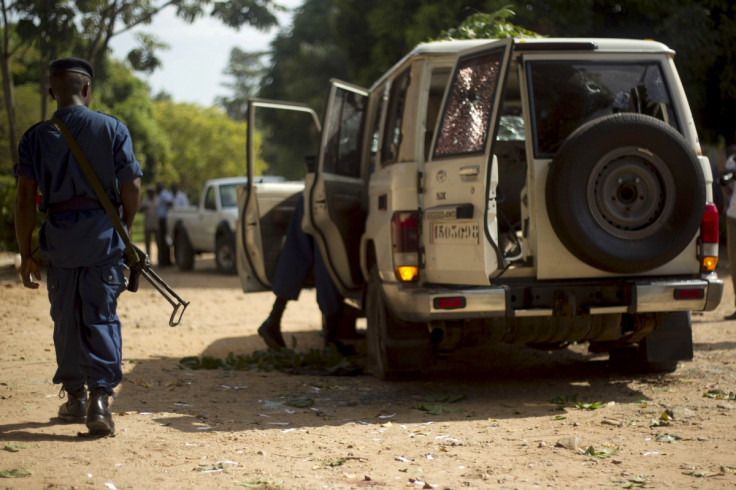Burundi accuses EU of 'destabilisation' as union is expected to retain sanctions
EU suspended funding to the African country over rampant rights abuses and unwillingness to quell crisis.

A senior adviser to the Burundian president claims the European Union (EU) has "lost all credibility" for allegedly "having been behind the destabilisation of Burundi" after an EU delegation said the African nation still needed to make progress to end rampant human rights abuses.
The crisis that has killed up to 900 people, pits supporters of President Pierre Nkurunziza against those who say that his re-election in July 2015 for a third term violated the nation's constitution.
United Nations (UN) investigators last month expressed grave concerns about the human rights situation in the African nation as the world body published a report and listed suspects behind alleged violations "by the government and people whose actions can be attributed to the government" amounting to crimes against humanity.
On 30 September, the EU approved a UN Council resolution on the human rights situation in Burundi effectively launching a year-long inquiry to identify perpetrators of killings and torture.
EU: Burundi 'still has a lot of progress to make'
The Burundian authorities, meanwhile, have accused a number of states – including the EU – of meddling in its affairs and of involvement in "destabilising activities" in the country.
In a Tweet, presidency senior adviser to Nkurunziza Willy Nyamitwe said: "The EU has lost all credibility for having been behind the destabilisation of Burundi."
Nyamitwe's comments come after remarks from a delegation of the EU – which suspended direct funding to the embattled nation in March 2016 – following a two-day visit to Burundi. In its report, the delegation which met Burundian officials estimated the country "still has a lot of progress to do" and said it expected more political commitment from the government in resolving the crisis.
While this has not yet been made official, it is believed that the EU sanctions under Article 96 should remain in place. Based on the delegations report, the Council of Ministers of the EU will decide whether to remove sanctions in the next few weeks, according to RFI.
Burundi's budget was funded up to 20% by the EU – by far its largest donor.
© Copyright IBTimes 2025. All rights reserved.






















